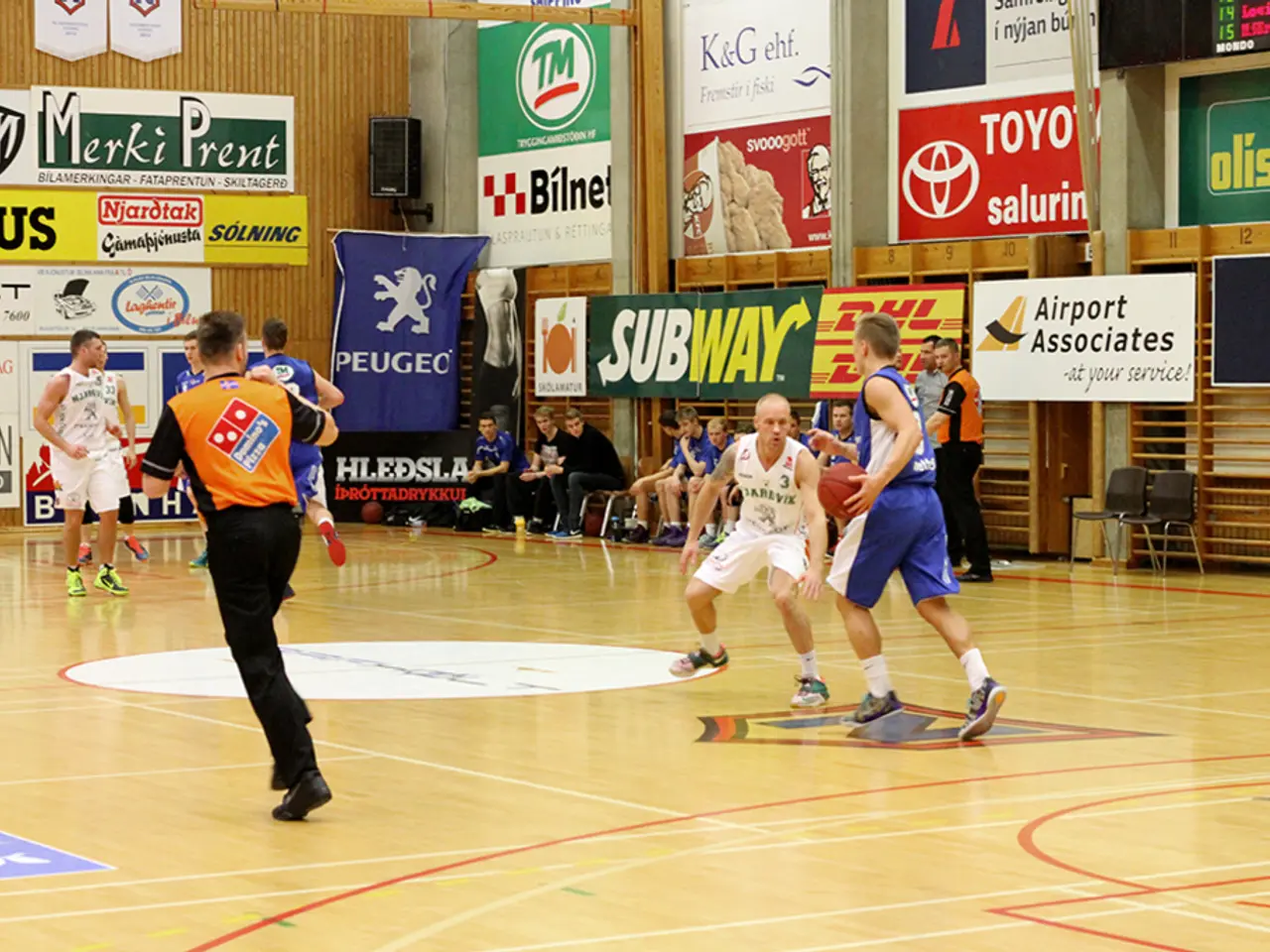BVG implements extensive expenditures for infrastructural upgrades - BVG intends to allocate significant funds towards improving the structural foundation of its operations
In a bid to enhance urban mobility and reduce emissions, Berlin's public transport operator, Berliner Verkehrsbetriebe (BVG), has unveiled a far-reaching strategy to modernise and electrify its fleet and infrastructure by 2030.
## Fleet Electrification and Vehicle Orders
The BVG has placed an additional order for 270 articulated electric buses from Solaris in June 2025, following a previous order of 50 such buses. Under an existing agreement, the company can purchase up to 700 articulated electric buses from Solaris over an 8-year period. Once the initial 50 buses are delivered, BVG will have approximately 280 electric buses out of a total fleet of around 1,500 by the end of 2025.
The new buses will be equipped with Solaris High Energy batteries and can be charged via standard plug-in sockets and overhead pantographs. BVG is investing in flexible charging solutions to adapt to future needs, such as autonomous driving technologies.
## Metro Infrastructure Investments
In July 2024, Siemens Mobility secured a $221 million contract with BVG to implement a Communications-Based Train Control (CBTC) system on Berlin’s U5 and U8 metro lines. This advanced signaling technology is designed to increase train capacity by 30% and reduce intervals between trains to under 100 seconds, significantly improving urban mobility.
## Policy and Financial Incentives
The European Commission is proposing to exempt zero-emission heavy-duty vehicles, including electric buses, from road tolls until 2031. This policy aims to offset the higher upfront costs of electric vehicles and encourage further investment by operators like BVG.
## Timeline Overview
Key milestones in BVG's modernisation and electrification plan include the initial order of 50 electric buses in 2023-2024, the commencement of the CBTC system project on U5/U8 metro lines in 2024, the delivery of the initial 50 electric buses and a new order for 270 electric buses in 2025, ongoing delivery of up to 700 electric articulated buses under the framework agreement, and the completion of significant portions of the fleet and infrastructure modernisation by 2030.
## Workshop Expansion and Upgrades
The BVG plans to upgrade its workshops to maintain the new U-Bahn series J and JK, with modernization and expansion scheduled to continue until the end of the 2020s. Additionally, a new tram depot is scheduled to begin construction in Adlershof next year and be completed by 2030. Two new electric bus depots are planned on Köpenicker Straße, Rummelsburger Straße, and Sätisstraße.
## Conclusion
Berlin's BVG is making significant strides towards a more sustainable and efficient public transport system. The modernisation and electrification of its fleet and infrastructure, coupled with advanced signaling technologies and EU incentives, are expected to ensure stable public transport in Berlin for future generations. BVG CEO Henrik Falk stated that the infrastructure program sets clear priorities to catch up on long-overdue developments.
The Community policy, recognizing the importance of sustainable transportation, may consider exempting zero-emission buses, such as the electric buses ordered by Berliner Verkehrsbetriebe (BVG), from road tolls as part of the policy incentives, enhancing their financial viability in the industry.
The Public-transit sector, including BVG, will experience a transformation with advancements in technology, as evidenced by the implementation of the Communications-Based Train Control (CBTC) system on U5 and U8 metro lines, a project financed by the finance sector, which promises to increase train capacity by 30% and improve urban mobility.




